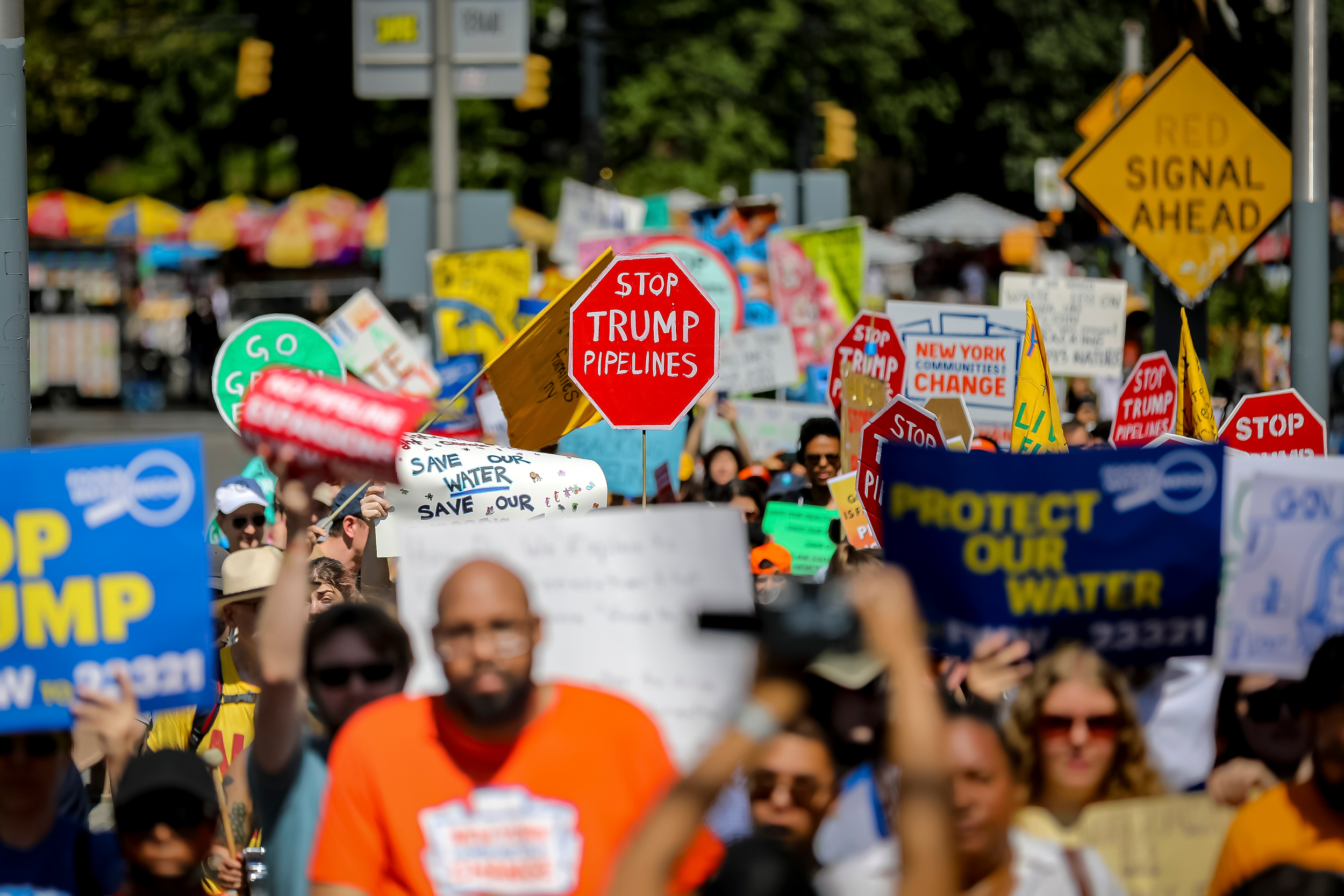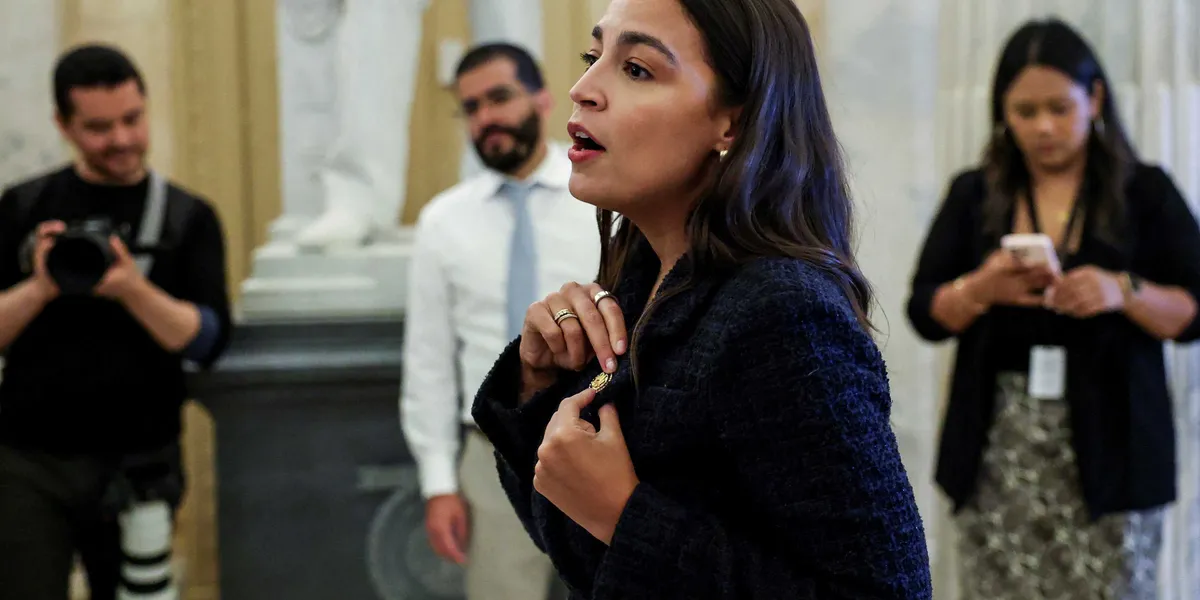Copyright Inside Climate News

New York regulators on Friday approved a water-quality permit for a long-contested pipeline that would bring natural gas to the state from Pennsylvania. The Northeast Supply Enhancement pipeline, or NESE, has drawn the ire of climate activists in New York City, who want to end the expansion of gas infrastructure there. New York had previously rejected it three times in the past decade, often over water quality concerns. The Williams Cos. project would extend an existing pipeline, building off the coast of New Jersey and Staten Island to eventually connect with existing pipes in Queens. On Friday, New Jersey also approved permits for the pipeline. The city has enacted multiple laws, such as Local Law 97 and Local Law 154, that require existing buildings to electrify their heating systems and mandate that most new ones be fully electric. There is also a larger statewide push to shift from gas toward cleaner energy sources like renewables and nuclear power. Alex Beauchamp, the northeast region director at Food and Water Watch, an environmental advocacy group, feels “betrayed” by Gov. Kathy Hochul. “By granting the water quality certificate, the governor has not only sided with the oil and gas industry but just as troublingly sided with President Trump,” said Beauchamp. “It’s deeply disappointing.” In a public statement, Chad Zamarin, the president and CEO of Williams said the pipeline project “reflects our commitment to deliver clean and reliable energy, while lowering energy costs and supporting economic growth and environmental stewardship.” The pipeline resurfaced after a fight over the Empire Wind offshore wind project between the state and the Trump administration, which halted construction of the project, citing concerns about rushed approval. Construction resumed after discussions between Hochul and the president. In the aftermath, Interior Secretary Doug Burgum wrote on social media platform X that Hochul “would move forward on critical pipeline capacity.” Within a month, the NESE pipeline re-entered the regulatory process. Hochul denied that she made a deal with the White House, but the Trump administration said that she “caved” and agreed to allow the pipeline construction, according to Politico’s E&E News. Katherine Nadeau, the deputy executive director of the advocacy group Environmental Advocates NY, said in a statement that the pipeline “poses serious risks for our water, our marine life, and our health and safety.” “Each new pipeline takes us backward, and locks us into decades of fossil fuel dependence that we can’t afford,” she said. In 2020, the state Department of Environmental Conservation found that the pipeline would have “significant water quality impacts from the resuspension of sediments and other contaminants, including mercury and copper,” and would disturb some sensitive marine habitats. Mark Izeman, a senior attorney and senior strategist at the Natural Resources Defense Council, said the project would “tear up” over 20 miles of the harbor floor. “This would undercut billions of dollars that New York and New Jersey have invested to improve water quality,” he said. In September, the state’s Public Service Commission found that the pipeline, with its potential to meet the energy needs of residents and businesses, could address concerns from federal regulators about the reliability of the state’s gas system, especially during severe winter storms. Last week, a coalition of nonprofits, homeowners and conservationists sued the Federal Energy Regulatory Commission for reissuing Williams’ certificate for the pipeline. In an earlier statement, another senior attorney at the Natural Resources Defense Council said that the regulator “has zero legal authority to resurrect this dead and abandoned project.” The opposition to this pipeline cuts across political party lines to some extent. Ten Democratic members of New York’s congressional delegation, including U.S. House Minority Leader Hakeem Jeffries, have expressed concern about it, as has Republican Staten Island Borough President Vito Fossella. In an August letter to the Department of Environmental Conservation, Fossella wrote that the pipeline “would both threaten and adversely affect the fragile fish and shellfish population” off the coast of Staten Island and “degrade the quality of the water in this important environmental and recreational area.” Izeman said his organization, along with others, plans to file a lawsuit challenging New York state’s issuance of the water permit. In the meantime, environmental groups, including Beauchamp’s, plan to protest the pipeline and pressure Hochul. “The core problem in New York politics on climate is Governor Hochul,” Beauchamp said. “I think the focus will be entirely on her going forward, I’m not sure she quite gets that yet—but she certainly will.” In a statement to the local news organization THE CITY, Hochul said “while I have expressed an openness to natural gas, I have also been crystal clear that all proposed projects must be reviewed impartially by the required agencies to determine compliance with state and federal laws.”



